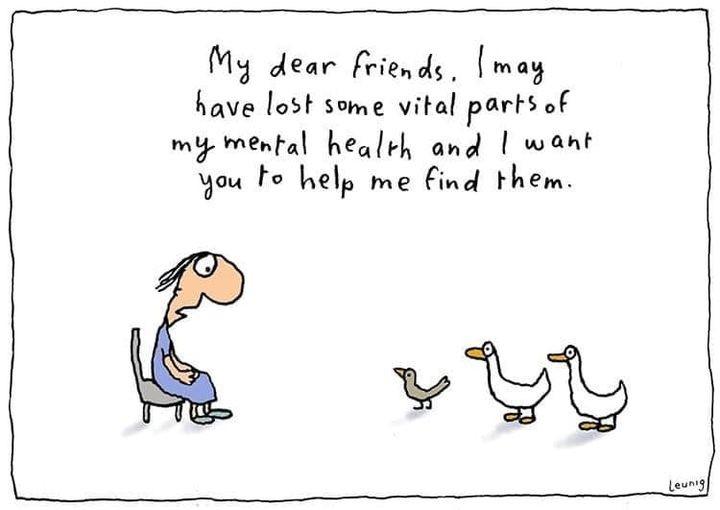From the Principal

Dear Friends,
After a difficult term we hope that our College community will gain refreshment and a sense of peace over the break. Hopefully we will welcome everyone back onsite for Term 4. Meanwhile, congratulations to all our students and families who are successfully dealing with remote learning.
We are mindful of the effects of extended remote learning and lockdowns on us all, of penning up children at home when they should be among friends and teachers. These effects range over the many feelings of isolation, boredom, fatigue, uncertainty and all those things that rupture our past experiences of normality and tear up the social fabric of our society. Examples abound.
Our collective response to a pandemic can make us turn against each other, to look for culprits and to transform our simmering resentments into open anger. Epidemics are permeated by conspiracy fantasies and theories. Societies that shut in on themselves also turn on themselves. This is not new. I am told the political language of contagion in the 1919 flu pandemic fed the conviction that, like the germs, only extermination could rid the body politic of those vilified as being unclean or else stupid. Indeed, what hurts our social psyche is the irrationality, hypocrisy, intolerance and the taste for coercion that rises among us when fear is used as a weapon for control, for shutting people in. Political leaders make no apology for being in thrall of daily case numbers that seem to be an index of political virtue. In short, the nation is in upheaval with some sort of apocalyptic mindset. Sooner or later, we will need to restore a sense of security and predictability that will lead to new hope.
Arundhati Roy, like others, suggests that pandemics force us to break with the past and imagine the world afresh, like a gateway into another life. We can choose to walk through dragging our prejudice and hatred, our greed and other baggage of the past. Or we can walk through lightly, ready to imagine another way, focusing on the things that bring out the best in us.
It is difficult to know the mind of God in these circumstances as we pray for people badly affected by lockdowns and the virus itself. Throughout history, one could say that our attention is drawn back to the sovereign rule of the Creator by events like pandemics, world wars and natural catastrophes. Personally, a deeply reflective consideration of Psalm 2 puts such matters into perspective – along with the brilliance of Leunig.
Warm regards,
Douglas Peck

